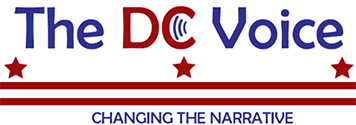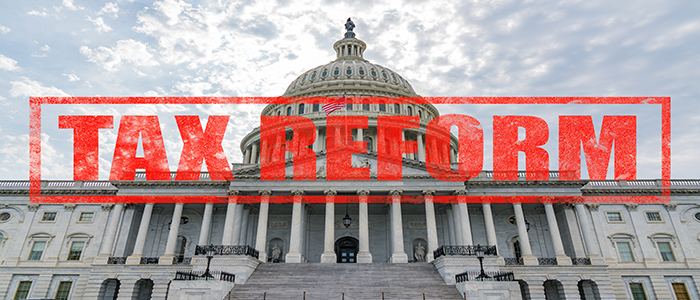An 11-year old girl wakes up, gets dressed, and is driven to her middle school by her mother. Her day is much like any other day until she feels something warm and liquid in her pants. Terrified that she has urinated on herself, she asks the teacher to use the bathroom and nearly sprints to the first stall she can find. Her worst fears turn to nightmares as she discovers that it is not urine that is in her underwear, but blood.
As of 2018, 38 states still place their sales tax on feminine hygiene products, falling in line with the aforementioned argument: removing a tax will effectively increase the overall tax and create deficits in tax revenue. Assemblywoman Cristina Garcia argued that, according to New York officials, its repealment of placing a sales tax on feminine hygiene products would save the consumer about $10 billion a year. This is about half of the revenue that was brought in annually when the tax was in place. So now this becomes a question between what legislators find to be more important, the welfare of its people or its own pockets.
Professional women are often seen by their peers as weaker and more erratic due to their periods. An example is when President Donald Trump suggested that Fox debate moderator Meghan Kelly must have had “blood coming out of her whatever” when she rebutted one of his points. The people in power are actively against normalizing menstruation on a legislative level. The push to end the sales tax on feminine hygiene products and the push for free hygiene products in schools, clinics, and other public spaces has grown over the past decade on social media.
Currently, in the United States, goods that are considered a necessity, such as clothing, foods, and medicines, are exempt from sales tax where other goods, considered luxury items, have a sales tax of an amount determined by the state. In truth, there are no unique tax rates for feminine hygiene products; they just merely fall into the same category as other goods that have a sales tax placed on them.
Critics of removing sales tax from the purchase of feminine hygiene products say that this will cause an increase in the overall tax rate to compensate for the loss. This argument, however, does not hold weight when considering that erectile dysfunction drug, Viagra, is not taxed. The difference lies in the fact that Viagra is a prescription drug, while feminine hygiene products are placed next to our soap and toothbrushes in the aisle. According to tax consultant Diane Yetter, “menstruation isn’t considered a disease or illness. Tampons and pads are often included in the category of grooming and hygiene products.” However, due to the specificity of the product, placing a sales tax on feminine hygiene products creates a market operated by the state to profit off of the menstruation cycles of its female populace.
The stigma placed on cramping, bleeding, premenstrual syndrome, and society’s expectations of how a woman should deal with all of this plays a major role in the real-world actions that occur that make having a period all the more unbearable for women. While their male counterparts in high school are given condoms, lubricating oils, and dental dams en masse, female students are forced to buy feminine hygiene products. According to research conducted by Euromonitor, consumers spent about $3.1 billion on feminine hygiene products in 2016. This major parallel portrays a systemic issue bred by misogynistic views on womanhood and menstruation.
Tampons and pads are necessary for women as they do not just help keep them hygienic but also healthy. Critics of repealment fall under the umbrella of people who believe that any fight for rights is somehow taking away from the liberties of the majority. That’s because a period happens naturally, a woman should naturally be equipped to deal with, and pay for, all that comes with it. However, what these people fail to realize is that they are fueling, advocating for, and perpetuating a system that seeks to disadvantage women because of their menstruation cycles. And this system starts with a bowl full of condoms at the Student Health Center versus the tampons and pads in vending machines being sold for $6.


















Add comment